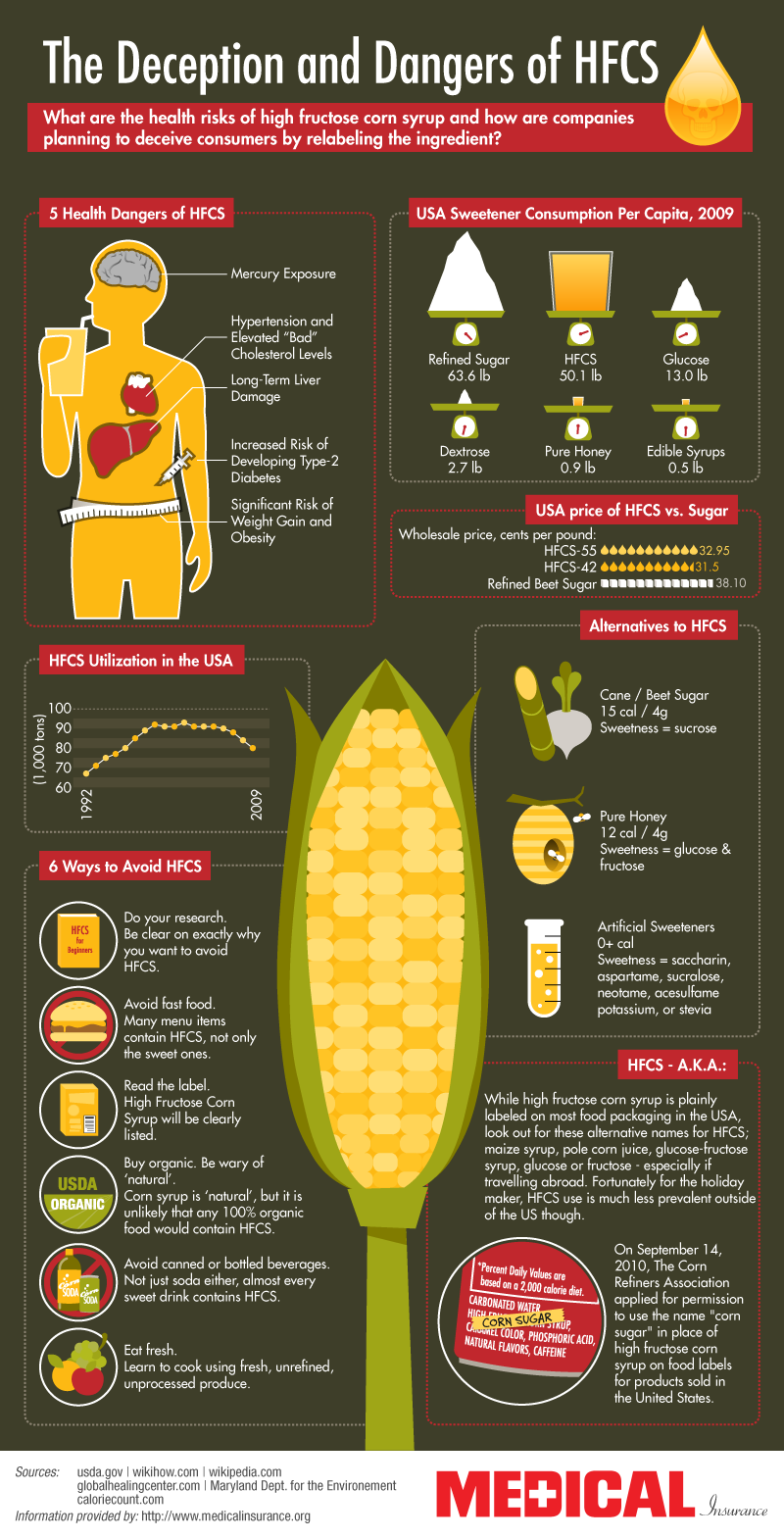Most people can’t get enough of sweets and treats. Having the sensation of sweetness in your mouth is something that most people crave. However, it is now possible to taste sweetness without having to consume sugar. Sucralose is a common artificial sweetener that is known as Splenda. There are many questions that surround this sugar substitute and it is time to become informed.
Here are some of the Pros and Cons associated with this artificial sweetener;
Pro: Low Calorie and Helps With Weight Loss
Sucralose is an artificial sweetener that has no calories and can help individuals lose weight. You can add sucralose to recipes that call for sugar and create a low calorie alternative that still tastes great. Artificial sweeteners have been found to produce weight loss effects that are substantial. The best part is that sucralose is ideal for baking and can also be used as an artificial sweetener in beverages.
Pro: Safest Artificial Sweetener on the Market
Many of the artificial sweeteners on the market have a lot of controversy and conflicting information associated with their safety. Sucralose or Splenda is one of the few that is widely considered to be safe and is found to have no toxic effects. This makes it one of the few artificial sweeteners that is approved by consumer groups.
Con: Conflicting Calorie Counts
Sucralose is said to be a no calorie artificial sweetener, but research suggests otherwise. This sweetener has bulking agents that result in about 12 calories per serving. However, this is not reflected on the Splenda packaging.
Con: Not Quite Like Sugar
Sucralose is incredibly sweet and is 600 times sweeter than sugar, but that does not mean it tastes exactly like traditional sugar. It is said to be one of the few artificial sweeteners that is ideal for baking, but it still results in a somewhat artificial taste. This artificial taste is especially seen when sucralose is the only sweetener used in a baking recipe.
Con: Could Be Harmful To Your Health
The biggest negative associated with sucralose is the amount of unknowns that exist with this sugar substitute. Not a lot is actually confirmed about artificial sweeteners. Sucralose is an artificial sweetener that is in a class of chemicals that are seen as toxic or carcinogenic. This means that excess exposure to sucralose could be harmful to your health. There is not enough research to eliminate potential health risk altogether.
